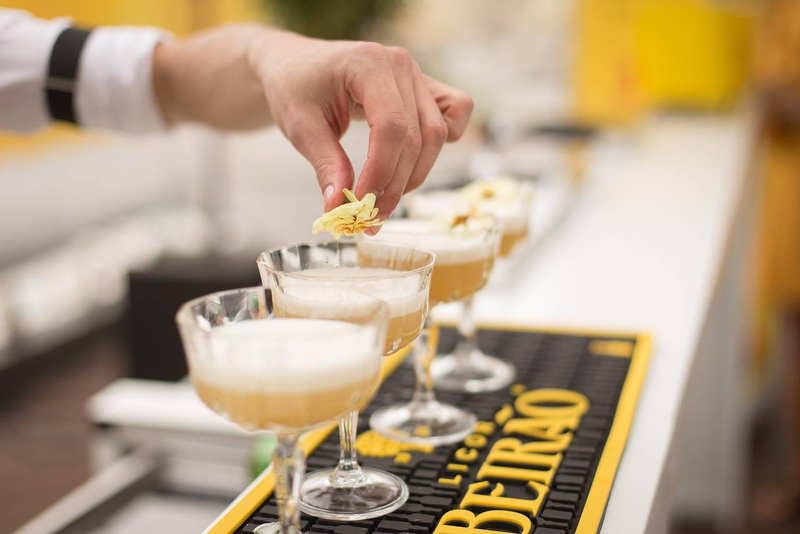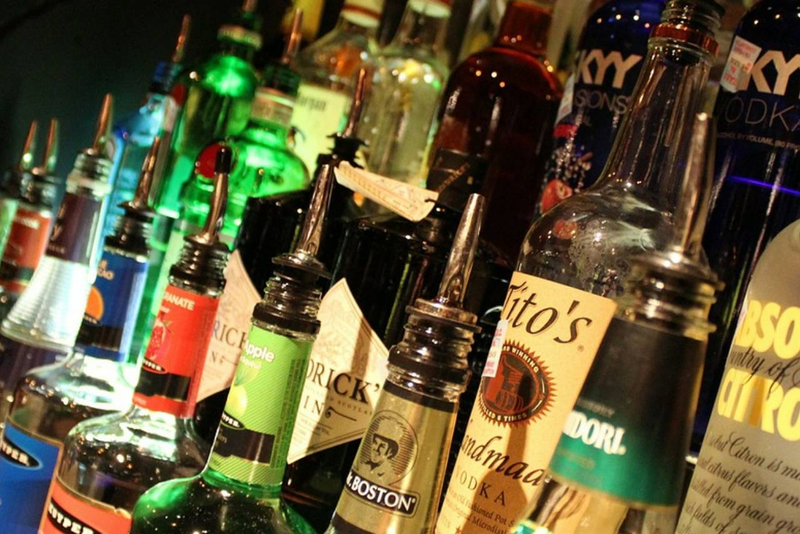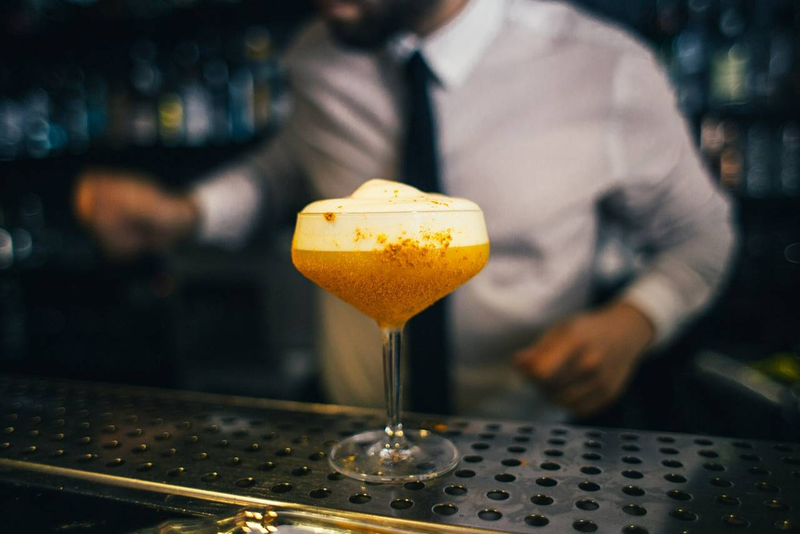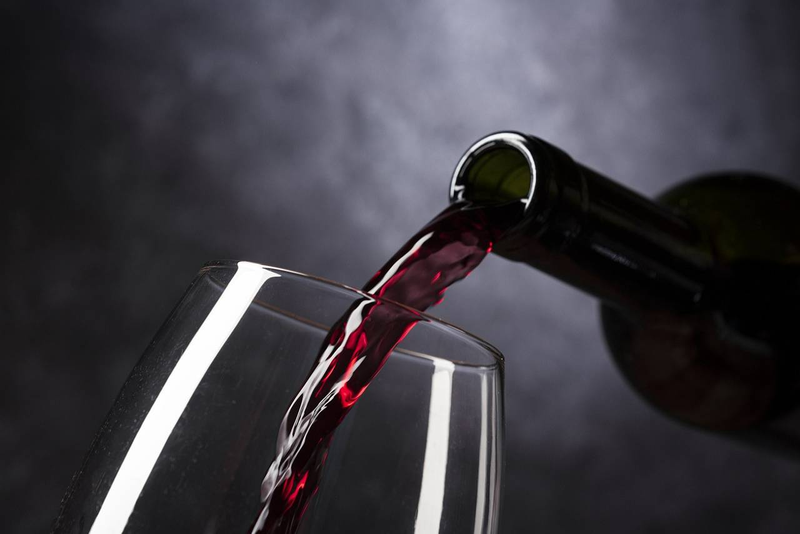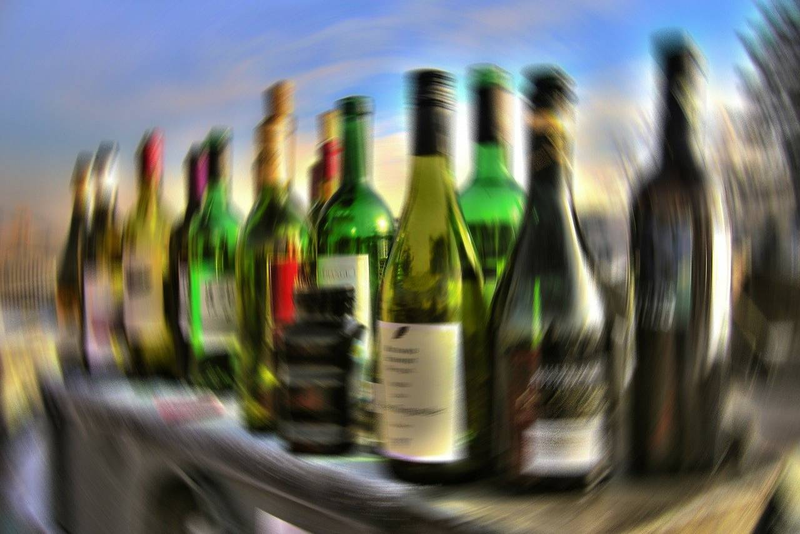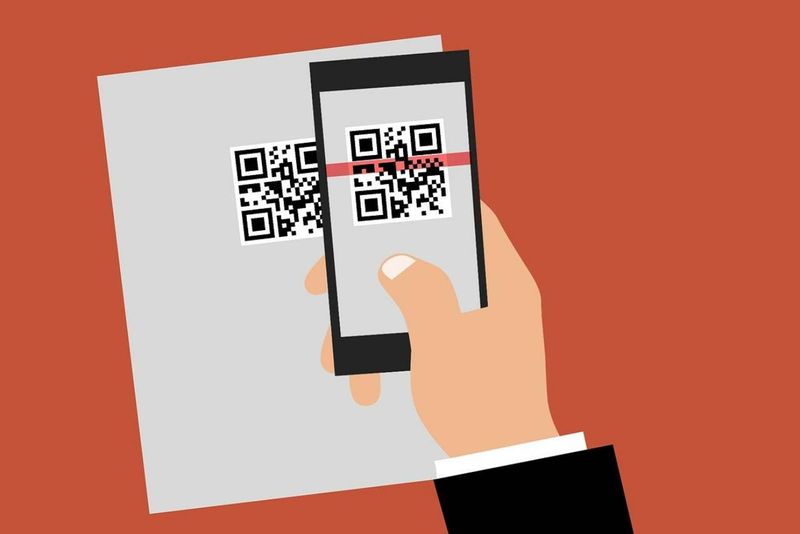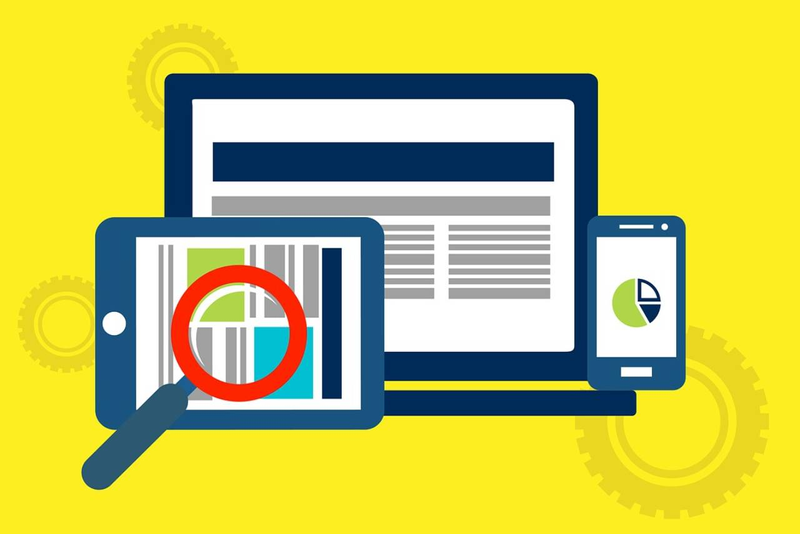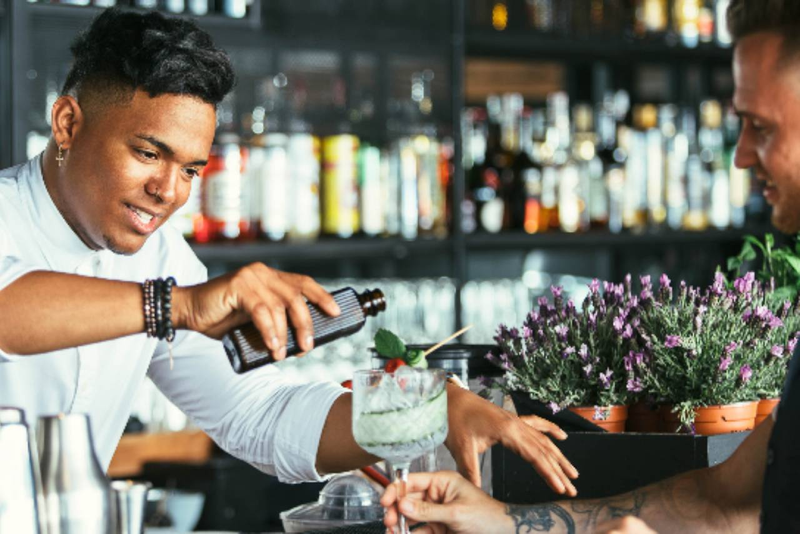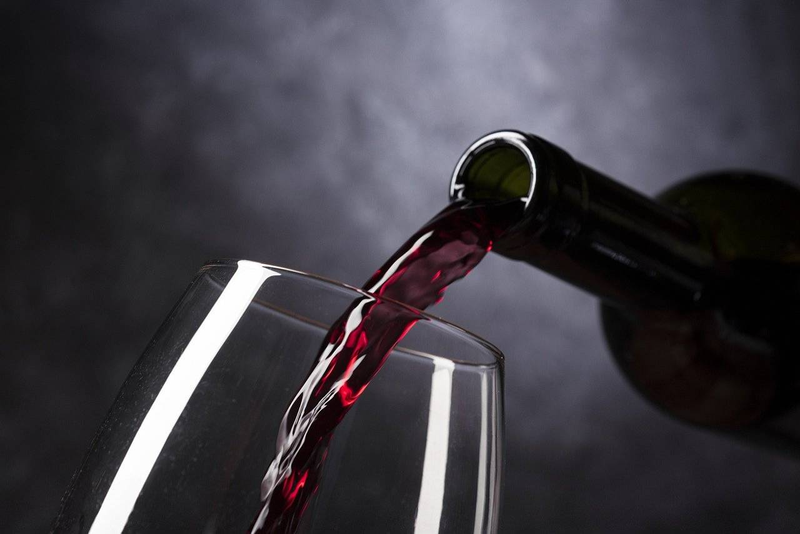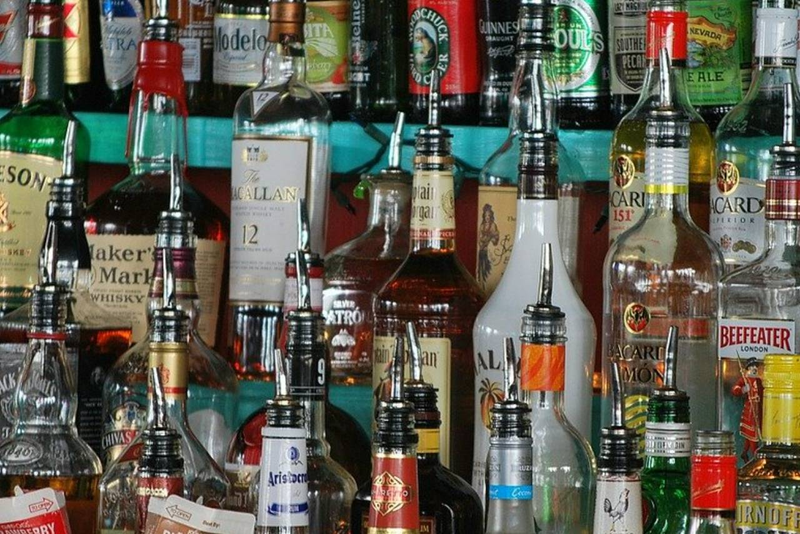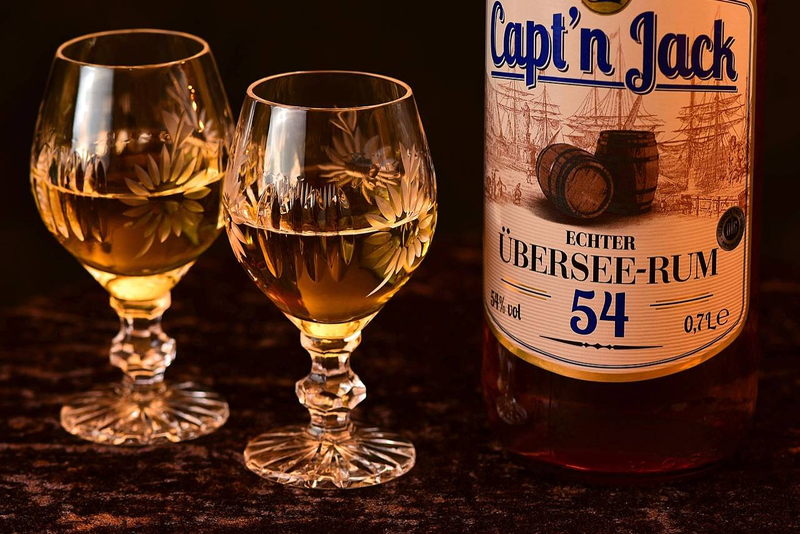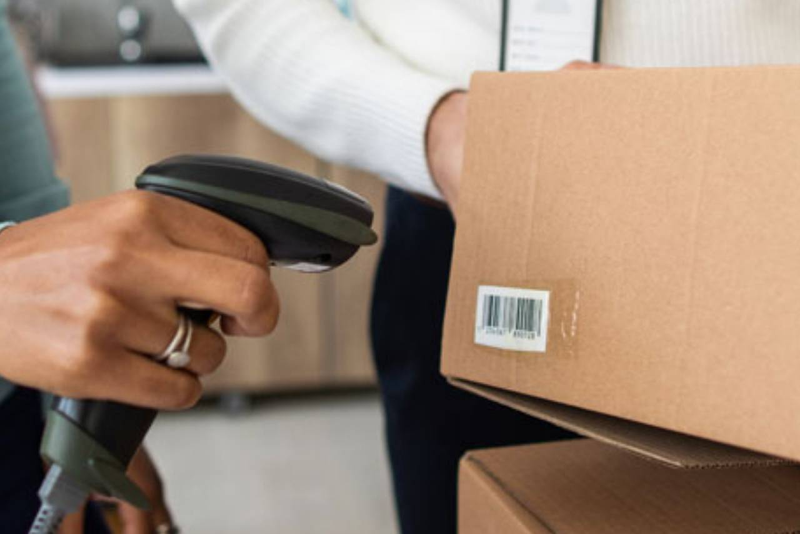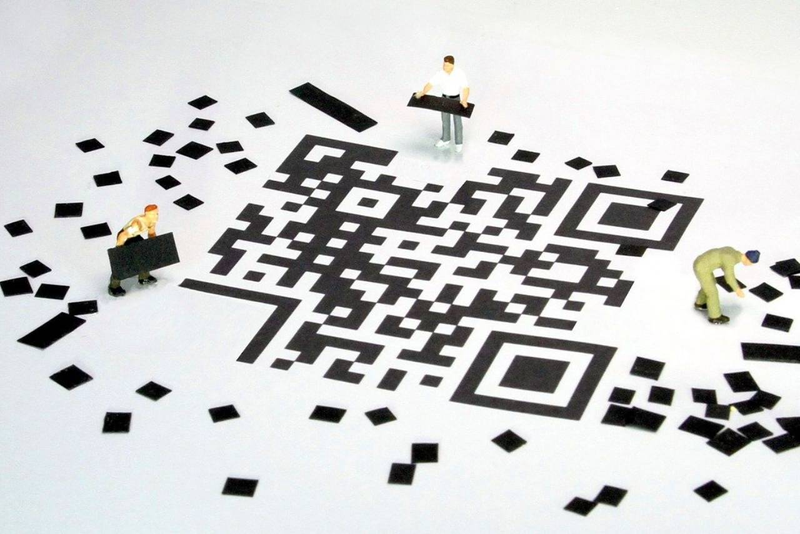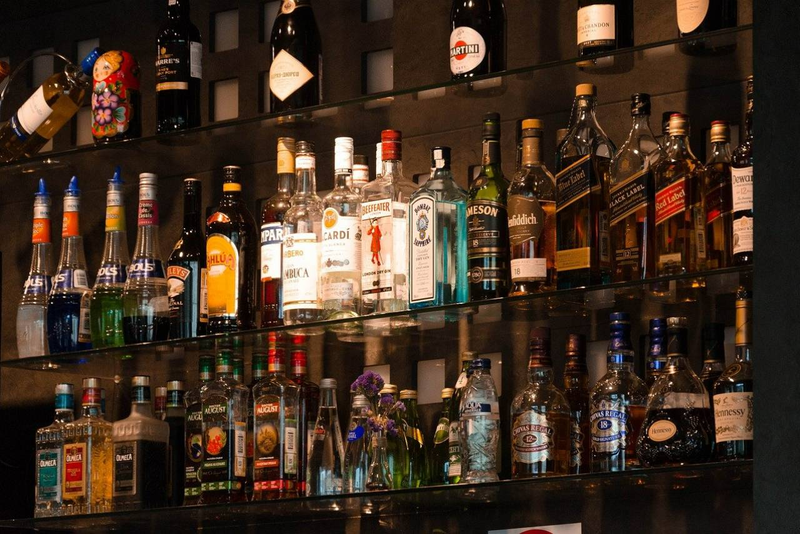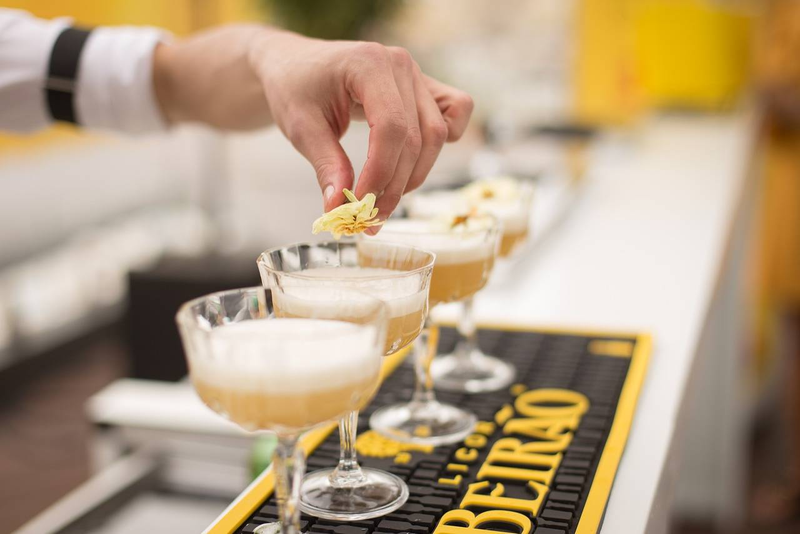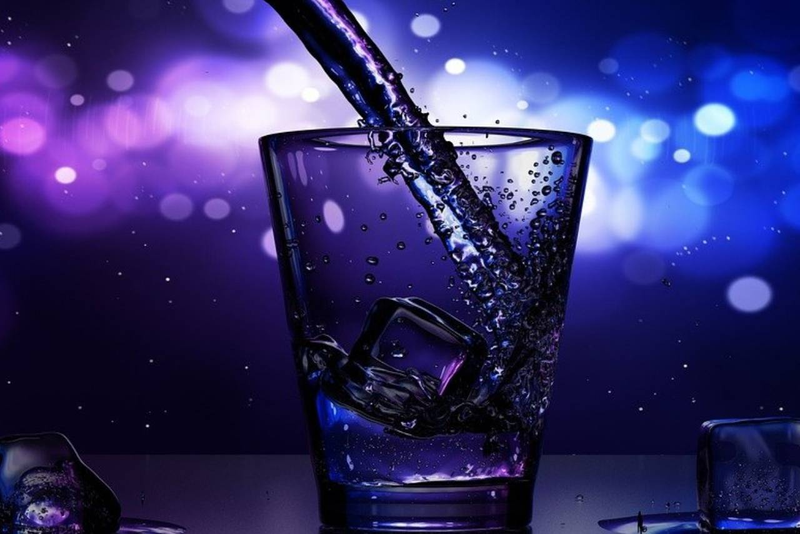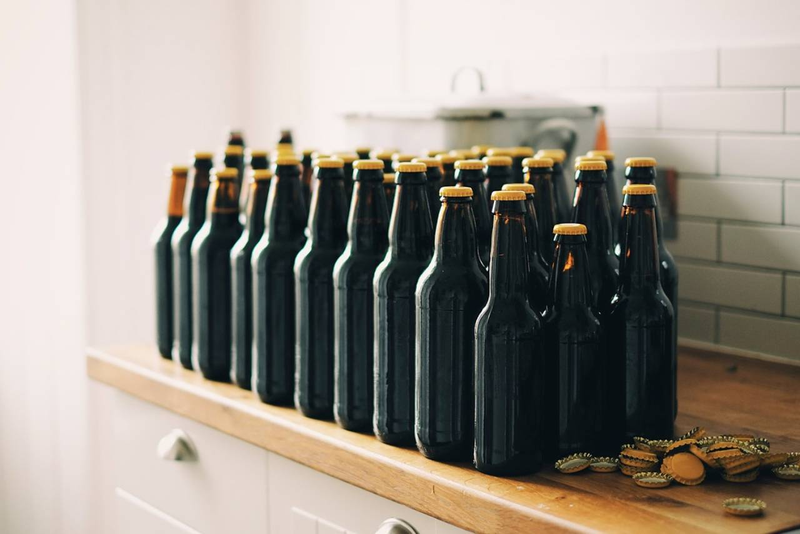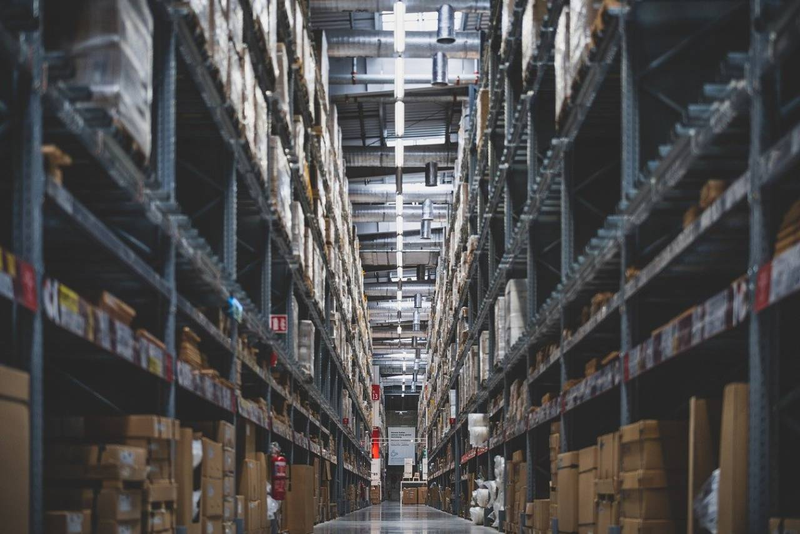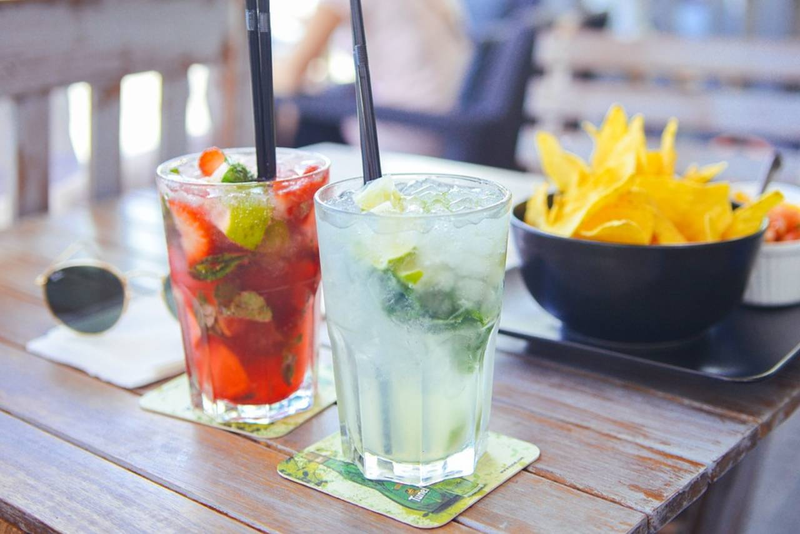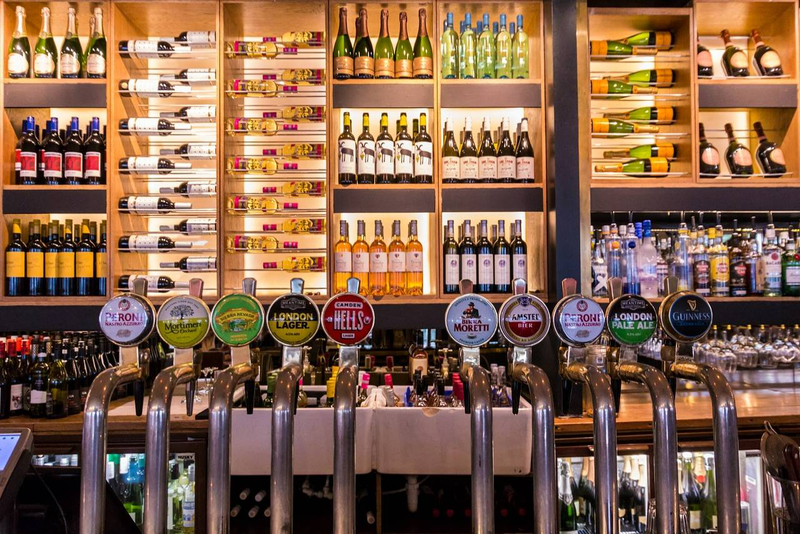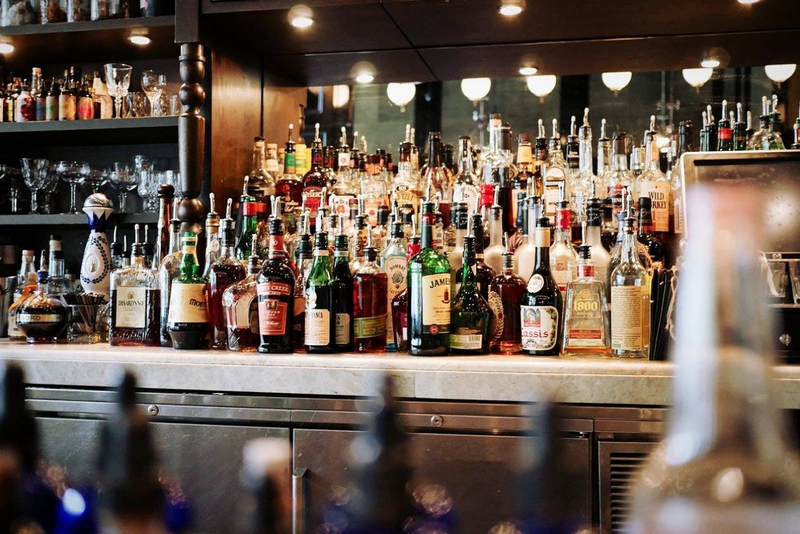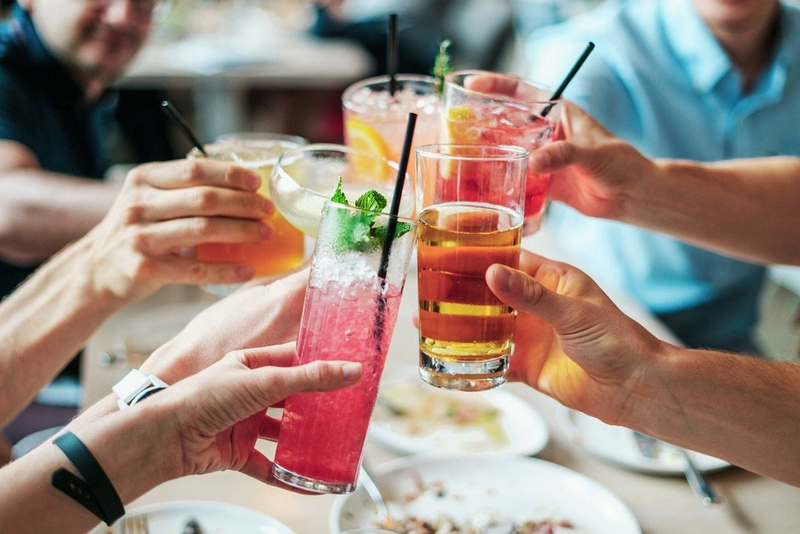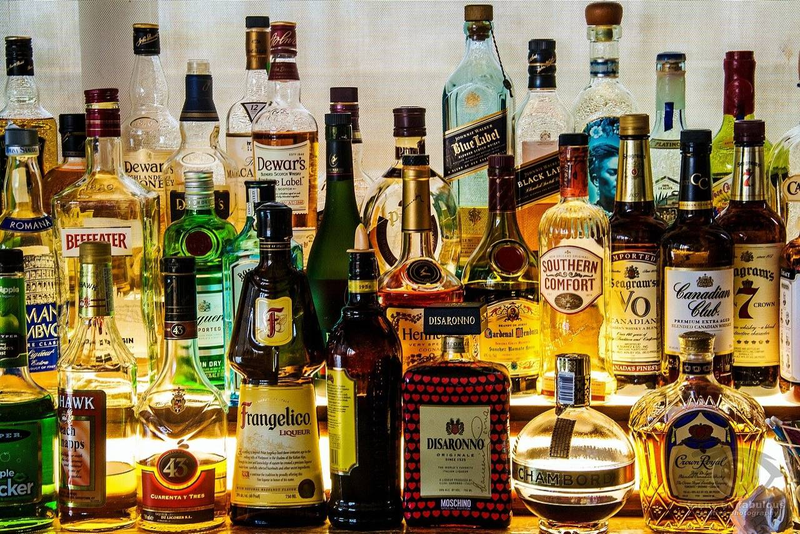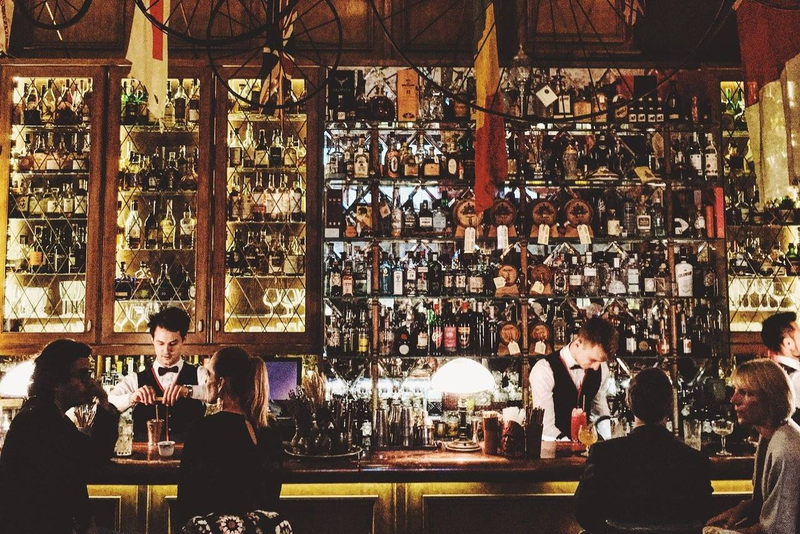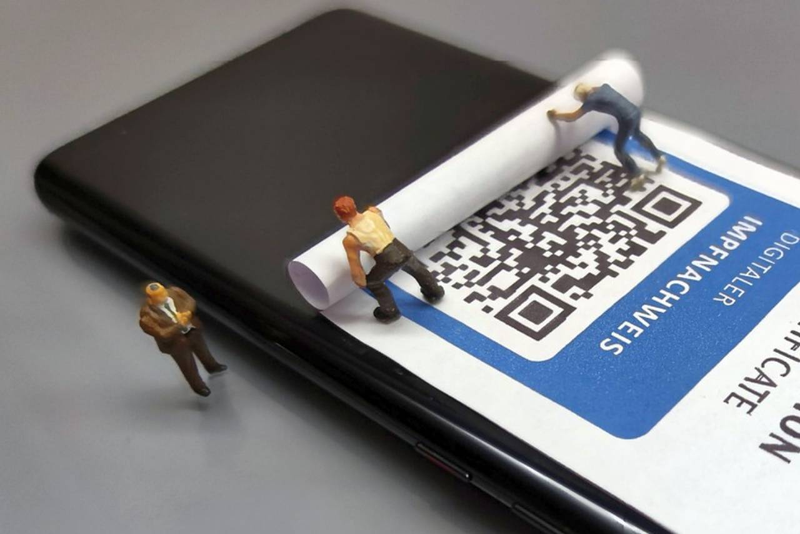What is liquor controls ?
Monitoring alcohol flow-- right from manufacturing to sale by the liquor control commission, can be called liquor controls.
What You Need To Know About Liquor Controls
What Are Liquor Controls?
Based on the liquor policy, the United States is divided into two categories. They are--the ones delegating the power to control the liquor sale and distribution to the local government. While the others, also known as Free states, passed the control of alcoholic beverages on private retailers.
State exercising monopoly over liquor distribution and sale are called control states or Alcohol Beverage Control states (ABC). There are 17 such states. In 1938 , National Alcohol Beverage Control Association or in simple words the liquor control
Liquor Control Myths
Tis the season of new resolutions, new heights. And a grand welcome becomes so more justified. Your glass of favorite wine or rum, a cheese pizza, and some best friends, sound good?
Well, before you shop for your New Year's party and after party, let us bust some liquor control myths for you. So, you can actually party your way to the New Year!

There are so many liquor control myths out there, it’s hard to know what to believe.
It’s time to get the real story on liquor controls.
Myth
Let's break the harder one first. The Alcoholic Beverage Control states (ABC states) are further classified into two-
A. States that controls all the liquor stores-
Alabama
Idaho
New Hampshire
North Carolina
Pennsylvania
Utah
Virginia
B. State that control distribution to private businessmen or retailers- Rest of the ABC states
The first category may sound more strict and rigid, but it is not as you think. For instance, in Alabama most liquor stores are state-run, but, it in no way restricts your access. Neither does it limits the brands of alcohol.
Another example may help you a little more. North Carolina allows you to shop beer and wine in supermarkets and convenience stores. Only distilled spirits may be sold in stores approved by local liquor control commission.
Yes, the control states may have slightly higher compliance standards or may decide the place of sale as per the ABV of liquor . But, that does not hamper the availability. It only fixes the most suitable place for the suitable kind of alcohol.
Myth
Nothing is impossible, like they say. Same goes for liquor license. It might be a little lengthy and paperwork-intensive as it involves bureaucracy, but it is very possible to enter the control systems and get your business a license.
First, contact the local Alcohol Beverage Control body or the liquor commission to know the kind of papers you will require with your application form. The requirements may vary from business to business. For instance, if you are into bar management and need a tavern liquor license, you will need a different application form, along with various approvals , than those required in case you want to open a restaurant.
In addition to personal information, you may need to provide a few more documents like-
Incorporation certificate
Proposed food menu
Copy of certificate for title of the premises
Tax permit
Health permit
Building and zoning permit
Once you have all these papers in place, submit them along with the license fee that starts from $300 and go upto thousands of dollars. The liquor license fee varies from state to state. However, renewal fee is cheaper comparatively.
Yes the procedure may sound complex and expensive, but that cannot beat the revenues businesses earn from selling liquor! The hardwork is worth it!
Myth
As long as your product adheres to quality standards of the liquor control commission or Alcohol Beverage Control authority and is formulated keeping public safety and health in mind, you are good to sell!
No doubt, the standards in control states are higher but it is for public safety. The government's intentions are good. Experiment in your brewery with right formulations. Contact the alcohol control commission, file application regarding your product, adding all details. Once, the government inspects and approves, your bottle is ready to go on the shelf.

Not knowing the rules and regulations around liquor controls.
You can’t be blamed for wanting to know what you can and can’t do when it comes to liquor controls.
Myth

The control system only aims to make sure that your innovation is in line with the health standards. Experiment as much as you want in your winery, but remember to abide by the guidelines like Alcohol by volume (ABV) limits and other things. You can make beer, wine or even hard liquor. As long as it is abidance by the norms, the local liquor control commission should approve it. Only difference would be that hard liquor may find place in stores, while beer can chill in super market freezers.
Myth
Only one line here- Quality over quantity always. As Alcohol Beverage Control states have higher compliance standards, ones that are able to pass them, get approved.
As per a report published by National Institute on Alcohol and Alcoholism, An estimated 95,000 people die from alcohol-related causes annually, making alcohol the third-leading preventable cause of death in the United States.
In a country where alcohol is the third major cause of death, it is indeed better to have a control system to keep adulteration and bootlegging in check.
Myth
The liquor control states allow the sale of liquor only through contracted agencies and licensed retailers. If you are from one of these states and want to deal in alcohol or are interested in bar management , all you need is a liquor license. The government's alcohol control systems or checks are in place to ensure public safety and health and does not aim to hinder progress of a business.
Myth

Let data and some reports talk-
Of the 11.1 million victims of violent crime each year, almost one in four, or 2.7 million, report that the offender had been drinking alcohol prior to committing the crime (Greenfeld 1998).
Among the attacks that were committed by current or former intimate partners of the victims, two out of three of the offenders had been drinking prior to the attack (Greenfeld 1998).
These extracts are from a report published by National Institute on Alcohol Abuse and Alcoholism.
Time fled but the sin remained. No the sin is not alcoholic beverages but out-of-limit consumption. Overdrinking can affect your personal and family life. Internet is full of such news reports and studies. With a well-designed liquor control system, ABC states promote the idea of-- drinking responsibly.
These control states often determine Liquor Cost
in their territories. A high Liquor Cost helps to reduce purchase power of the customers, leading to limited drinking.
The local liquor control commission even keeps check on Liquor Inventory of the store. If you Run Bar , you would know at some places, there are rules that only upto a fixed income can be from the sale of liquor in bars. To make sure the bars are abiding, they local authorities can check updated
Liquor Inventory using Bar Pos


